What is the commonwealth
What is the commonwealth
The Commonwealth
The Commonwealth is an association of sovereign nations which support each other and work together towards international goals. It is also a ‘family’ of peoples. With their common heritage in language, culture, law, education and democratic traditions, among other things, Commonwealth countries are able to work together in an atmosphere of greater trust and understanding than generally prevails among nations. There are 53 member countries in the Commonwealth.
However, the Commonwealth has no formal constitutional structure. It works from understood procedures, traditions and periodic statements of belief or commitment to action. Intergovernmental consultation is its main source of direction, enabling member governments to collaborate to influence world events, and setting up programmes carried out bilaterally or by the Commonwealth Secretariat, the association’s main executive agency. The most widely-used definition of the Commonwealth is taken from the Declaration of Commonwealth Principles, 1971:
The Commonwealth is a voluntary association of independent sovereign states… consulting and cooperating in the common interests of their peoples and in the promotion of international understanding and world peace.
A voluntary association…
The Commonwealth had no charter until 2013 and membership is entirely voluntary. And of nations eligible to join, very few chose not to do so. This distinguishing characteristic has been of considerable historic importance: when countries had recently achieved their independence from the UK, it was important for them to stress the change in their relationship, from dependent status to equal partnership. The emphasis on equality has helped the association to play leading roles in decolonisation, combating racism and advancing sustainable development in poor countries.
…of sovereign states…
Only independent countries are members of the Commonwealth, although member countries’ overseas territories and associated states – mainly small island developing countries in the Caribbean and the Pacific – are eligible for assistance and may take part in certain activities. Some of them contribute to the Commonwealth’s development funds. The restriction of membership to sovereign states has helped to retain the sense of equal partnership in the forums in which Commonwealth policy and programmes are discussed.
…consulting…
Commonwealth consultation is a continuous process which takes place at many levels and in many ways. Heads of Government meet regularly, as do ministers responsible for education, environment, finance, foreign affairs, gender affairs, health, law, tourism and youth. Other ministers and senior officials meet from time to time. Consultation over particular Commonwealth programmes brings together the heads of leading institutions and policy-making officials. These regular discussions and meetings ensure that Commonwealth policies and programmes represent the views of the members, and also give Commonwealth governments an understanding of each other’s problems.
…and co-operating…
The work of the Commonwealth is done through co-operation at three general levels: Commonwealth governments often work together in international forums to advance causes of particular concern to the association. They also learn from each other through their regular meetings. And, through their Commonwealth Fund for Technical Cooperation (CFTC), they have enabled the skills and training facilities of member countries to be shared across the association. In parallel with these activities of governments, there is the work of some 100 Commonwealth organisations which promote international co-operation in a particular professional, cultural or welfare area.
…in the common interests of their peoples…
The Commonwealth is a notable force in the development of universal education, just legal systems, fair and open democracies, good governance and human rights, and all Commonwealth programmes ultimately aim at advancing development, particularly human development. Commonwealth governments also work together in international forums to support members whose territorial integrity has been challenged or which are vulnerable to the vicissitudes of climate and global economic forces.
…and in the promotion of international understanding and world peace
The Commonwealth includes many of the world’s poorest and smallest countries, and its peoples embrace all the world’s major racial groups. The Commonwealth is also committed to the solution of problems by negotiation, and to the guidance of policy through principle. It strongly supports the United Nations system and the global moral code contained in the UN declarations. Consequently, the Commonwealth has become a powerful voice in international forums, and has come to be known as a global opponent of racism, a promoter of democracy and good governance, an advocate of human rights and gender equality, a champion of small countries and participation of young people in development and a determined negotiator in working towards global economic systems which give a fairer deal to the poor.
Commonwealth Countries
The Commonwealth is a voluntary association of 54 countries. It is often referred to as the British Commonwealth as most of its members were once colonies of the British Empire, subservient to the United Kingdom. Today, however, all members of the Commonwealth, including the UK, have equal standing. Together, the members of the Commonwealth have an estimated population of 2.5 billion. There are Commonwealth countries all over the world, including the Americas, the Caribbean, Europe, Africa, Asia, and Oceania. Some of the association’s members still have the British monarch as their symbolic head of state, while others have opted to become republics.
Map of Commonwealth countries.
Commonwealth Countries of the Americas
The three Commonwealth countries on the continents of North and South America are Canada, Belize, and Guyana. Canada is the largest of all the Commonwealth countries and the second largest country in the world by area. It is also the most populous of all the Commonwealth countries in the Western Hemisphere, with a population of more than 38 million.
Traditional Changing of the Guards ceremony in front of the Canadian Parliament building on Parliament Hill, Ottawa, Canada.
Belize is the only English-speaking country in Central America. It is also the least populous of the Commonwealth countries in the Americas, with a population of less than 407,000. In the past, most of the people in Belize were of English and African descent, with the African population mainly descended from slaves brought to the country when it was part of the British Empire. Now, however, more than half of the people of Belize are of Latino and Mestizo descent.
Guyana is the only English-speaking country in South America. It has an estimated population of 791,000. Guyana is also the only Commonwealth country in the Americas that is a republic, as both Canada and Belize are constitutional monarchies with a governor-general representing the British monarch as the ceremonial head of state. Throughout its history, Guyana has been beset by ethnic tensions between the Indo-Guyanese population (Guyanese of South Asian descent) and the Afro-Guyanese population (Guyanese of African descent).
Commonwealth Countries of the Caribbean
Jamaican dancers greet guests from the Royal Caribbean cruise in Falmouth, Jamaica. Editorial credit: Andrew Park / Shutterstock.com
The Commonwealth boasts ten members in the Caribbean. The largest and most populous of the Caribbean Commonwealth countries is Jamaica, which has a population of nearly 3 million. The least populous Commonwealth country in the Caribbean is St. Kitts and Nevis, in which just 53,000 (est.) people live. Like most Caribbean countries, those of the Commonwealth are very popular among international tourists because of their many beaches, luxurious resorts, and vibrant cultural scenes. Many if not most of the people who live in the Caribbean Commonwealth countries are of African descent, though there is also a large community of people in Trinidad and Tobago who are of South Asian origin. At present, all the Caribbean Commonwealth countries except Trinidad and Tobago have the British Monarch as their ceremonial head of state, though Barbados is also due to become a republic in November 2021.
Commonwealth Countries of Europe
Houses of Parliament and Big Ben from Westminster Bridge at sunset, London, United Kingdom.
The Commonwealth has three members in Europe: The United Kingdom, Malta, and Cyprus. The United Kingdom, of course, was the mother country of the British Empire. At its height, the empire had territory in every part of the world, which is why people used to say that “the sun never sets on the British Empire.” Today, the empire that the UK once possessed is all but gone, aside from a few colonies consisting mostly of small islands. Nevertheless, the UK remains one of the world’s great powers. It is one of the five members of the United Nations Security Council and one of a handful of countries around the world that has a nuclear arsenal. The UK was once a member of the European Union, but left the political and economic alliance in 2020. The population of the UK is now estimated at 68 million.
The other two Commonwealth members in Europe, Malta and Cyprus, are located in the Mediterranean Sea. Cyprus became independent in 1960, while Malta achieved independence in 1964. Both countries are republics and members of the European Union. Cyprus has been a conflict flashpoint since 1974, when it became a divided island. The northern part of the island is now controlled by the Turkish Republic of Northern Cyprus, while the south is controlled by the internationally-recognized Republic of Cyprus.
Commonwealth Countries of Africa
A formation of drummers parade on the street during celebration to mark the Olojo festival in Ile lfe, Osun State, Nigeria. Editorial credit: Ajibola Fasola / Shutterstock.com
Africa is home to 19 Commonwealth countries. Five member states are located in Southern Africa, six in Eastern Africa, four in Western Africa, and four in Middle Africa. The largest and most populous Commonwealth country in Africa is Nigeria, which has a population of roughly 212 million. In contrast, the Seychelles, in which just 99,000 people live, is the smallest and least populous. Commonwealth member states Mozambique and Rwanda are distinguished by the fact that unlike most Commonwealth countries, they were never British colonies. Most of the Commonwealth countries in Africa are republics, though Lesotho and Eswatini have their own monarchies.
Commonwealth Countries of Asia
An Indian Sadhu baba takes a boat ride on River Ganges overlooking the historic Varanasi city, Varanasi, India. Editorial credit: Roop_Dey / Shutterstock.com
There are eight countries in Asia that are members of the Commonwealth. The largest and most populous of these members is India. With a population of nearly 1.4 billion, India is the second most populous country in the world. Its neighbor, Pakistan, has an estimated population of 226 million, making it the second most populous country in the Commonwealth. India and Pakistan have been in conflict with each other since they both achieved independence in 1947. Bangladesh, which was formerly East Pakistan, also boasts a large population of approximately 166 million. The populations of the other Asian Commonwealth countries pale in comparison.
Southeast Asian Commonwealth members, Singapore and Malaysia, have seen rapid economic growth in the past few decades. The latter shares the island of Borneo with both Indonesia and fellow Commonwealth member Brunei Darussalam, which is the least populous of all the Asian Commonwealth states. The smallest Commonwealth state in Asia is the Maldives, an archipelago of tiny islands in the Indian Ocean, not too far from India and Sri Lanka.
Commonwealth Countries of Oceania
View of Sydney Opera House and Harbor Bridge at twilight.
Eleven countries in Oceania are members of the Commonwealth. The largest and most populous is Australia, followed by Papua New Guinea and New Zealand. The remaining Commonwealth members consist of many tiny islands, some of which are so tiny that rising sea levels threaten to wipe them off the map. The smallest and least populous member of the Commonwealth is the tiny country of Nauru, in which just under 11,000 people reside.
What Is The Commonwealth?
The Commonwealth or the Commonwealth of Nations is an association of the United Kingdom and a number of countries that were former British colonies and dependencies.
The Commonwealth was created to foster harmonious ties, economic and cultural exchanges and diplomatic relations between the member nations. Each member is a sovereign country but the association acknowledges the British monarch as the symbolic head of the organization. The Commonwealth of Nations has 53 member states. Its headquarters are located at Marlborough House in London.
Member nations of the Commonwealth of Nations –
| Africa | Asia | Americas |
| Botswana | Bangladesh | Antigua and Barbuda |
| Cameroon | Brunei Darussalam | Bahamas, The |
| Gambia, The | India | Barbados |
| Ghana | Malaysia | Belize |
| Kenya | Pakistan | Canada |
| Lesotho | Singapore | Dominica |
| Malawi | Sri Lanka | Grenada |
| Mauritius | Guyana | |
| Mozambique | Pacific | Jamaica |
| Namibia | Australia | Saint Lucia |
| Nigeria | Fiji | St Kitts and Nevis |
| Rwanda | Kiribati | St Vincent and The Grenadines |
| Seychelles | Nauru | Trinidad and Tobago |
| Sierra Leone | New Zealand | |
| South Africa | Papua New Guinea | Europe |
| Swaziland | Samoa | Cyprus |
| Uganda | Solomon Islands | Malta |
| United Republic of Tanzania | Tonga | United Kingdom |
| Zambia | Tuvalu | |
| Vanuatu |
Apart from these countries, the dependent territories governed by the UK, Australia, and New Zealand, such as the Cayman Islands, Falkland Islands, Gibraltar, Christmas Island, Cocos Islands, and Niue also form part of the Commonwealth.
By the late 19th century and towards the early 20th century, Great Britain had embarked on a policy that allowed many of the dependencies and colonies self-governance. The 1931 Statute of Westminster referred to them as the “British Commonwealth of Nations”. Soon, many of the colonies started to gain independence but remained associated as part of the Commonwealth. Some countries such as Myanmar chose to reject membership, though.
Unlike other international organizations or military alliances, Commonwealth members are not bound by formal laws or guidelines. The association is purely one of harmonious cooperation and shared growth.
The Commonwealth represents the interests of diverse nations spanning across Asia, Africa, Europe, the Americas, and Oceania. Each member nation, small or big, developed or developing, is treated equally and holds the right to voice its opinion in the decisions of the Commonwealth.
The Commonwealth of Nations is home to over 2.7 billion people (2017 world population estimate – 7.5 billion). Of the 52 members, some 30 nations are small states. Leaders of the member nations meet every two years and discuss mutual cooperation.
Athletes from the member nations participate in the Commonwealth Games held every four years. It is one of the leading multi-sport events held across the globe. The next Commonwealth Games is scheduled to be held between April 4 and April 15, 2018, in Gold Coast City (Queensland), Australia.
Each year, Commonwealth Day is celebrated on the second Monday of March.
Related Maps:


Commonwealth of Nations
Travel Ink / Getty Images
As the British Empire began its process of decolonization and the creation of independent states from former British colonies, there arose a need for an organization of countries formerly part of the Empire. In 1884, Lord Rosebery, a British politician, described the changing British Empire as a «Commonwealth of Nations.»
Commonwealth of Nations Rebrand
In 1946, the word «British» was dropped and the organization became known as simply the Commonwealth of Nations. Australia and New Zealand adopted the Statute in 1942 and 1947, respectively. With India’s independence in 1947, the new country desired to become a Republic and to not utilize the monarchy as their head of state. The London Declaration of 1949 modified the requirement that members must view the monarchy as their head of state to require that countries recognize the monarchy as simply the leader of the Commonwealth.
With this adjustment, additional countries joined the Commonwealth as they gained independence from the United Kingdom so today there are fifty-four member countries. Of the fifty-four, thirty-three are republics (such as India), five have their own monarchies (such as Brunei Darussalam), and sixteen are a constitutional monarchy with the sovereign of the United Kingdom as their head of state (such as Canada and Australia).
Although membership requires having been a former dependency of the United Kingdom or a dependency of a dependency, former Portuguese colony Mozambique became a member 1995 under special circumstances due to Mozambique’s willingness to support the Commonwealth’s fight against apartheid in South Africa.
Policies
The Secretary-General is elected by the Heads of Government of the membership and can serve two four-year terms. The position of Secretary-General was established in 1965. The Commonwealth Secretariat has its headquarters in London and is composed of 320 staff members from the member countries. The Commonwealth maintains its own flag. The purpose of the voluntary Commonwealth is for international cooperation and to advance economics, social development, and human rights in member countries. Decisions of the various Commonwealth councils are non-binding.
The Commonwealth of Nations supports the Commonwealth Games, which is a sporting event held every four years for member countries.
A Commonwealth Day is celebrated on the second Monday in March. Each year carries a different theme but each country can celebrate the day as they choose.
The population of the 54 member states exceeds two billion, about 30% of the world population (India is responsible for a majority of the Commonwealth’s population).
The Commonwealth of Nations (The Commonwealth)
The Commonwealth of Nations, often called just the Commonwealth, is an association of 53 independent nations, all but one of which are former British colonies or related dependencies. Although the British empire is mostly no more, these nations grouped together to use their history to promote peace, democracy and development. There are substantial economic ties and a shared history.
List of Member Nations
Origins of the Commonwealth
Towards the end of the nineteenth century changes began occurring in the old British Empire, as the colonies grew in independence. In 1867 Canada became a ‘dominion’, a self-governing nation considered equal with Britain rather than simply ruled by her. The phrase ‘Commonwealth of Nations’ was used to describe the new relationships between Britain and colonies by Lord Rosebury during a speech in Australia in 1884. More dominions followed: Australia in 1900, New Zealand in 1907, South Africa in 1910 and the Irish Free State in 1921.
In the aftermath of the First World War, the dominions sought a new definition of the relationship between themselves and Britain. At first the old ‘Conferences of Dominions’ and ‘Imperial Conferences’, begun in 1887 for discussion between the leaders of Britain and the dominions, were resurrected. Then, at the 1926 Conference, the Balfour Report was discussed, accepted and the following agreed of dominions:
«They are autonomous Communities within the British Empire, equal in status, in no way subordinate one to another in any aspect of their domestic or external affairs, though united by a common allegiance to the Crown, and freely associated as members of the British Commonwealth of Nations.»
This declaration was made law by the 1931 Statute of Westminster and the British Commonwealth of Nations was created.
Development of the Commonwealth of Nations
The Commonwealth evolved in 1949 after the dependence of India, which was partitioned into two wholly independent nations: Pakistan and India. The latter wished to remain in the Commonwealth despite owing no “allegiance to the Crown”. The problem was solved by a conference of Commonwealth ministers that same year, which concluded that sovereign nations could still be a part of the Commonwealth with no implied allegiance to Britain as long as they saw the Crown as “the symbol of the free association” of the Commonwealth. The name ‘British’ was also dropped from the title to better reflect the new arrangement. Many other colonies soon developed into their own republics, joining the Commonwealth as they did so, especially during the second half of the twentieth century as African and Asian nations became independent. New ground was broken in 1995, when Mozambique joined, despite never having been a British colony.
Not every former British colony joined the Commonwealth, nor did every nation who joined stay in it. For instance Ireland withdrew in 1949, as did South Africa (under Commonwealth pressure to curb apartheid) and Pakistan (in 1961 and 1972 respectively) although they later rejoined. Zimbabwe left in 2003, again under political pressure to reform.
The Setting of Objectives
The Commonwealth has a secretariat to oversee its business, but no formal constitution or international laws. It does, however, have an ethical and moral code, first expressed in the ‘Singapore Declaration of Commonwealth Principles’, issued in 1971, by which members agree to operate, including aims of peace, democracy, liberty, equality and an end to racism and poverty. This was refined and expanded in the Harare Declaration of 1991 which is often considered to have “set the Commonwealth on a new course: that of promoting democracy and good governance, human rights and the rule of law, gender equality and sustainable economic and social development.” (cited from the Commonwealth website, page has since moved.) An action plan has since been produced to actively follow these declarations. Failure to adhere to these aims can, and has, resulted in a member being suspended, such as Pakistan from 1999 to 2004 and Fiji in 2006 after military coups.
Alternative Aims
Some early British supporters of the Commonwealth hoped for different results: that Britain would grow in political power by influencing the members, regaining the global position it had lost, that economic ties would strengthen the British economy and that the Commonwealth would promote British interests in world affairs. In reality, member states have proved reluctant to compromise their new found voice, instead working out how the Commonwealth could benefit them all.
Commonwealth Games
Perhaps the best known aspect of the Commonwealth is the Games, a sort of mini Olympics held every four years which only accepts entrants from Commonwealth countries. It has been derided, but is often recognised as a solid way to prepare young talent for international competition.

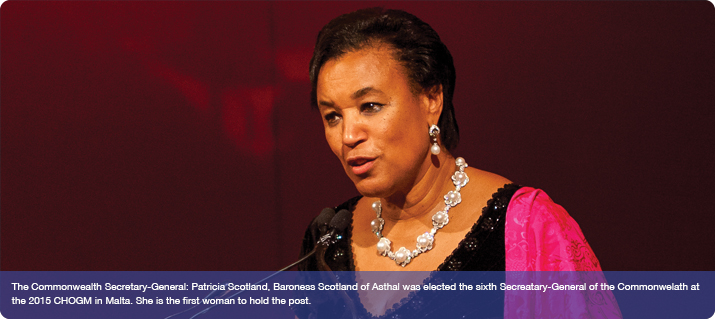

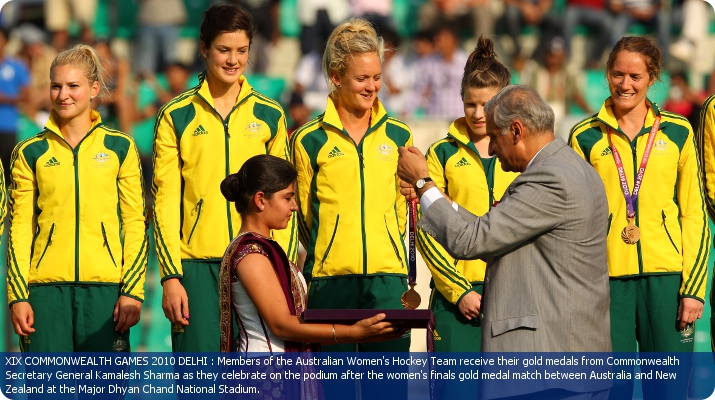
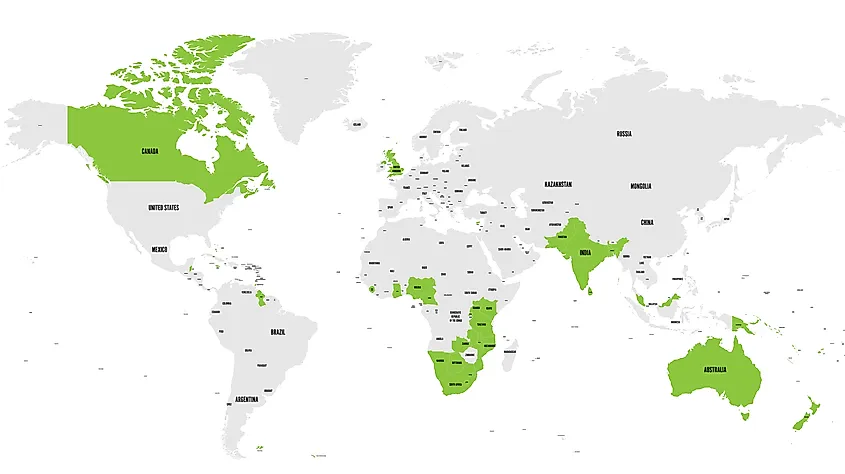
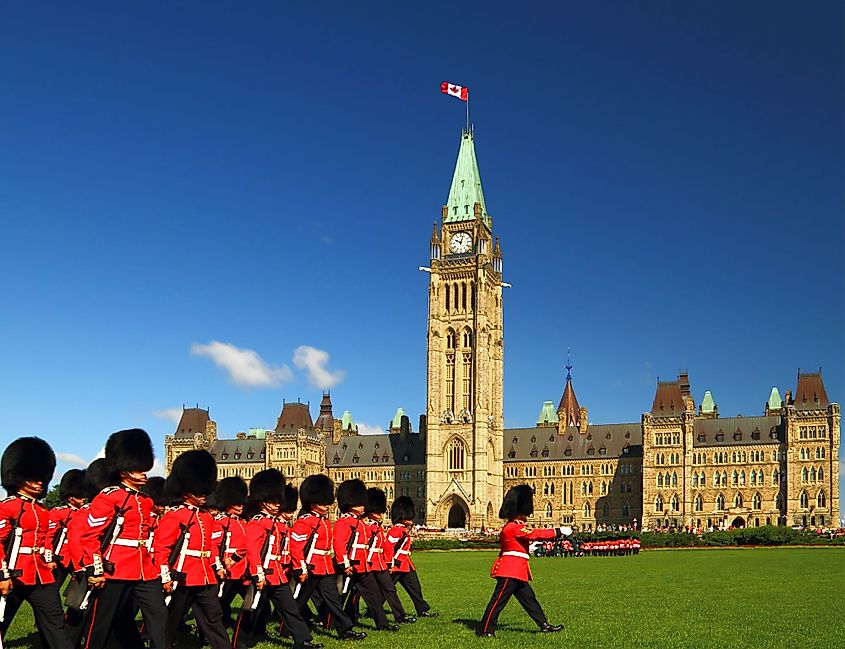
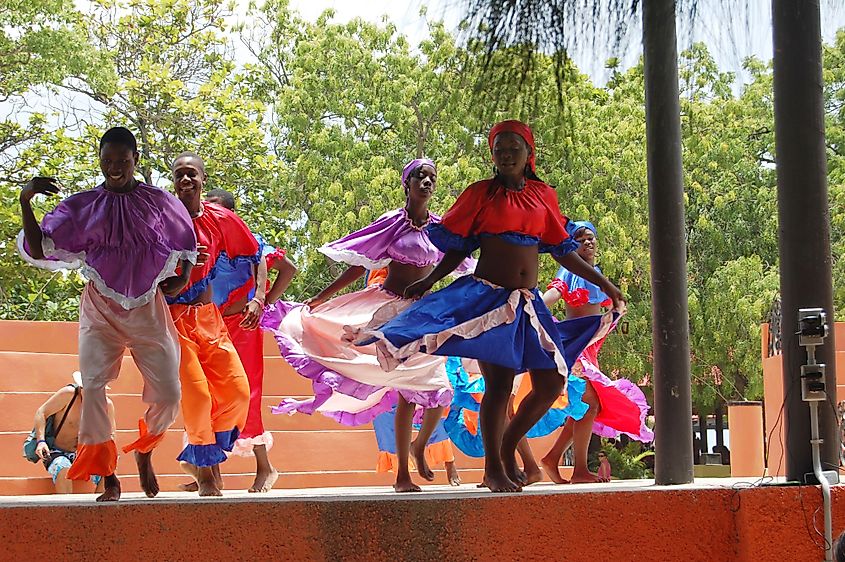
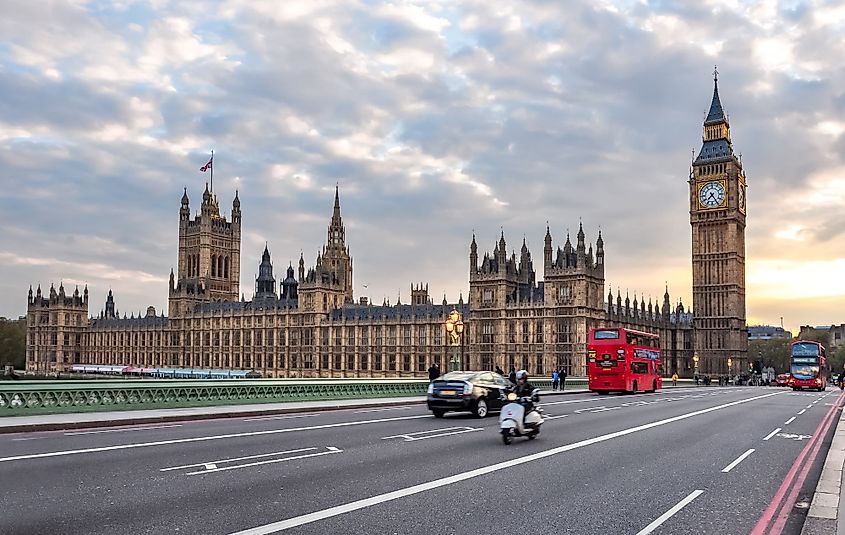
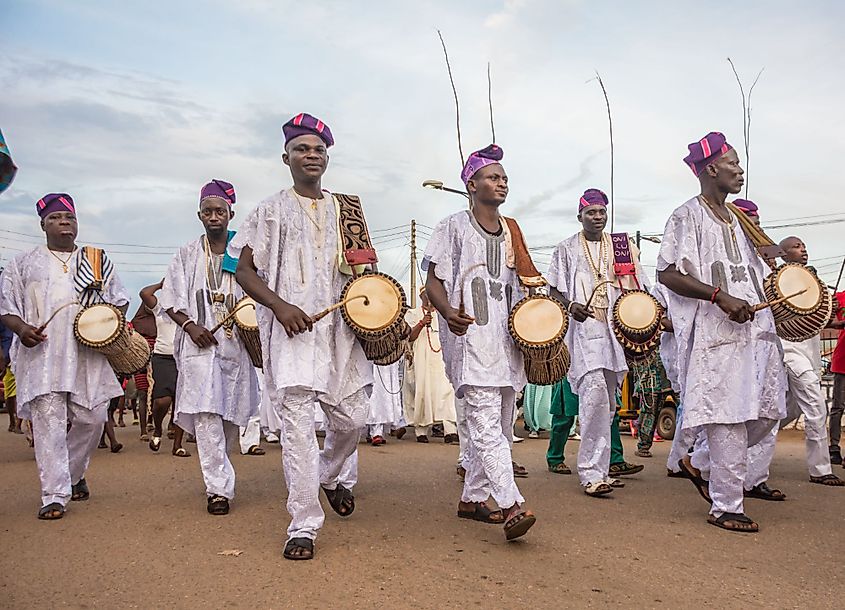
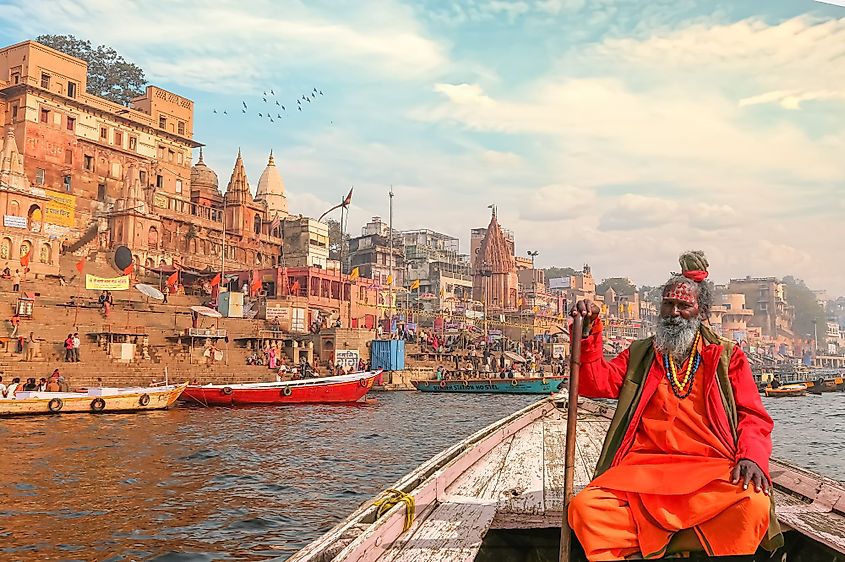
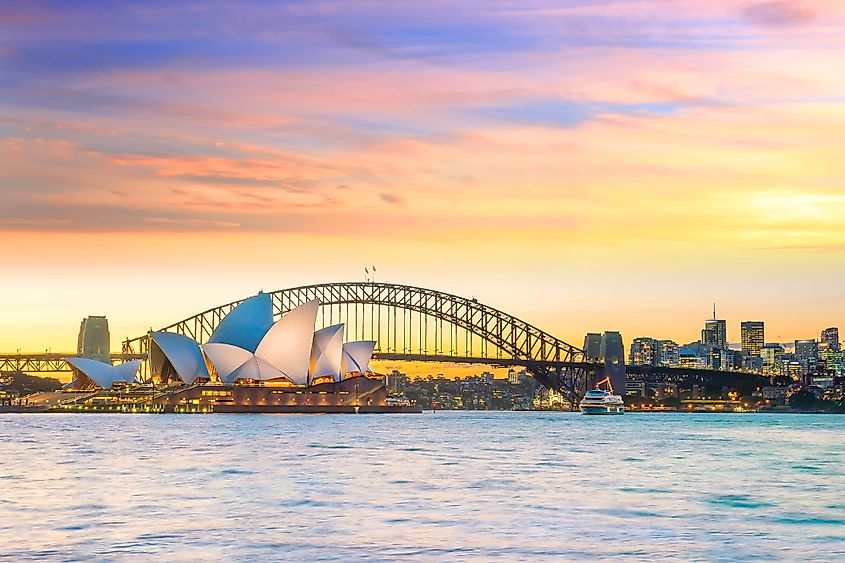
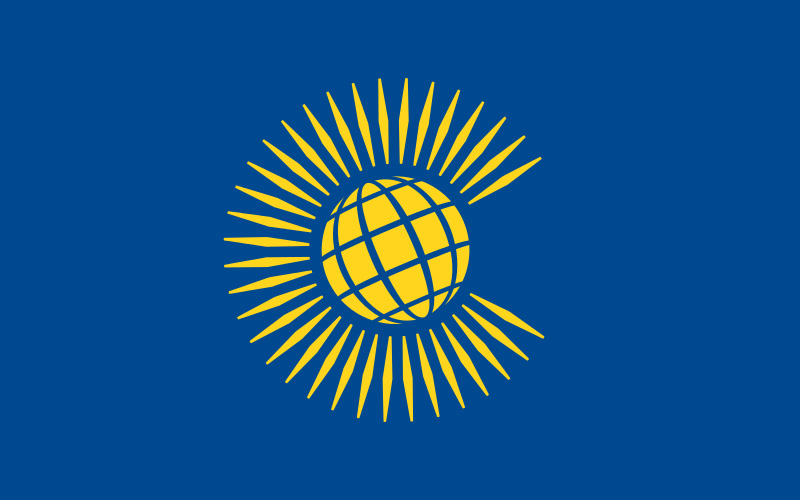
:max_bytes(150000):strip_icc()/GettyImages-79473599-7cfbe2a01edd4f6cbaab26945b63e033.jpg)